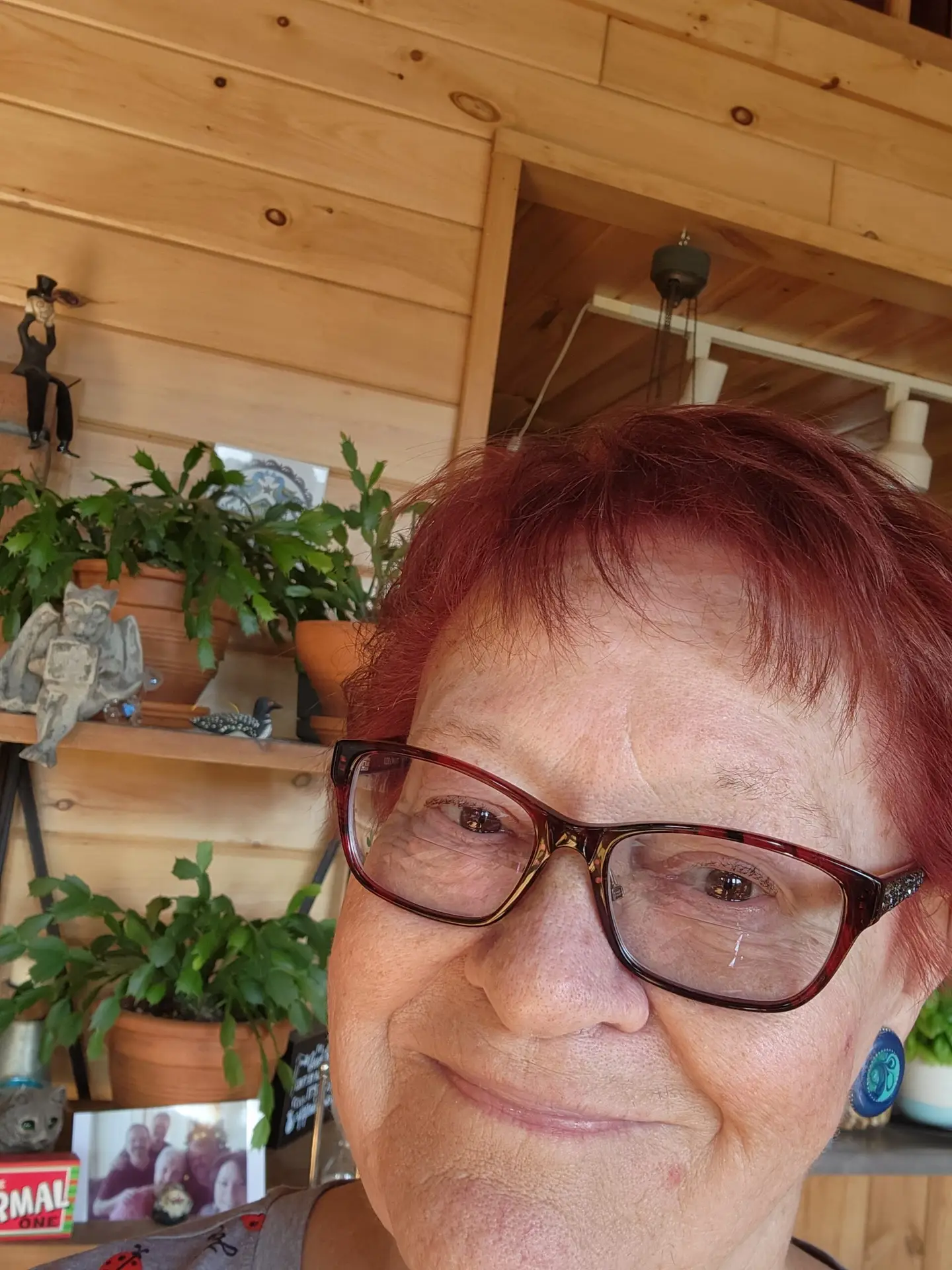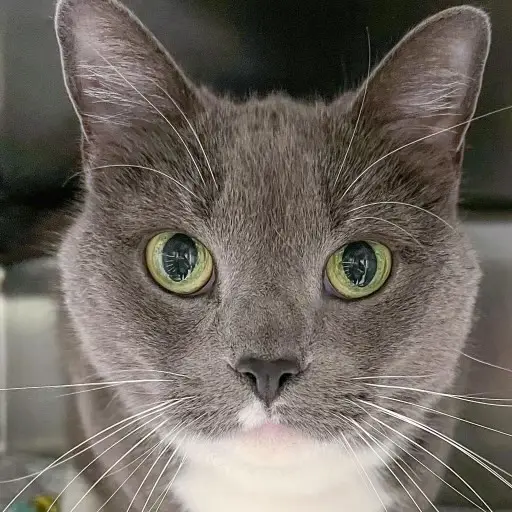To tell this story, I must first share a bit of my backstory. Living with bipolar disorder has, at times, meant navigating an insatiable, impulsive, and addictive personality. Whether these urges were satisfied through love, gambling, drinking alcohol, or smoking cigarettes, they often left me feeling hopeless. Fourteen years ago, I faced one of the hardest decisions of my life. Struggling with my mental health and fighting to maintain some sense of control, I was haunted by a night of drinking—a particularly rough night, though there were likely others just as bad.
At that time, I was on medications that clearly stated: No drugs or alcohol. But adhering to that rule wasn’t easy. Ultimately, I decided to quit drinking—not for anyone else, but for me. I made the sacrifice to prioritize my mental health and well-being. It wasn’t an easy road; I’m still not sure how I managed to stick with it. But if I could do it, I believe you can too.
I was fortunate to have a family who supported me in my journey. My wife, in particular, played a crucial role—keeping alcohol out of the house for a long time until I was strong enough to tell her, “Live your life and be yourself. Have that glass of wine with dinner.” My inner strength, both then and now, is rooted in my determination to manage my mental health, rather than allowing it to manage me.
I’ll admit, it’s not always fair. For many, drinking is just another part of adult life. And 14 years ago, there weren’t many non-alcoholic (NA) options available. Back then, some NA beers were passable, but many restaurants didn’t even carry them. Even today, I find that the urge doesn’t completely disappear. For instance, my old favorite was Corona with lime. When I recently tried a non-alcoholic version, I found myself drinking it faster than other NA beers. That was a wake-up call—I realized it was best not to bring that brand into my home.
These days, I rarely drink non-alcoholic beer. After all, what’s the point?
If you’re considering quitting drinking, I urge you to reach out for help. There are many programs, groups, and organizations designed to support you. Remember, this isn’t a pass-or-fail test—it’s a process, a journey toward your goals. Take the first step by identifying your reason for quitting and holding on to it tightly. That reason will be your inner strength when times get tough.
You have the power to do this. And I hope my story shows that it’s possible to choose a path of healing and self-control, even when it feels like the hardest thing in the world. Start your sober living.







